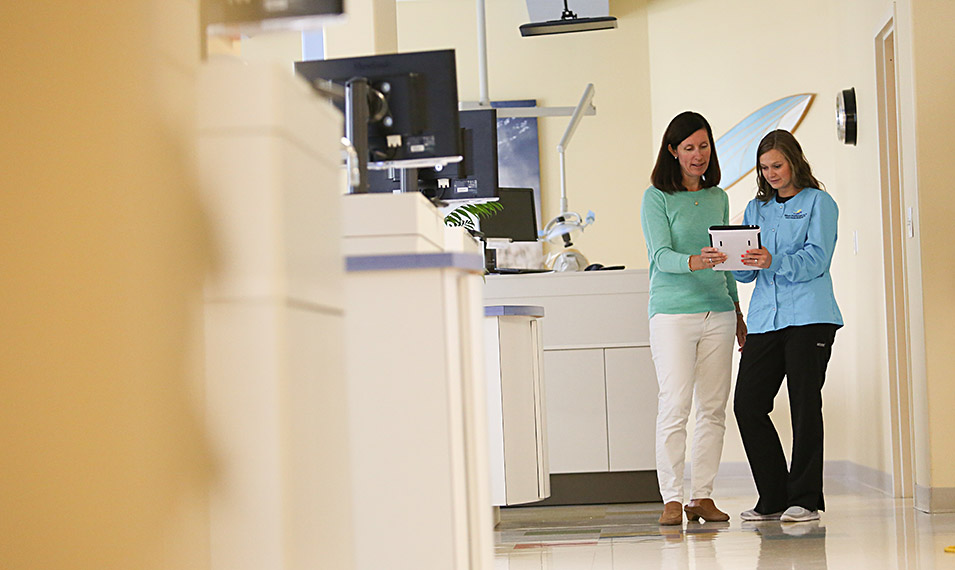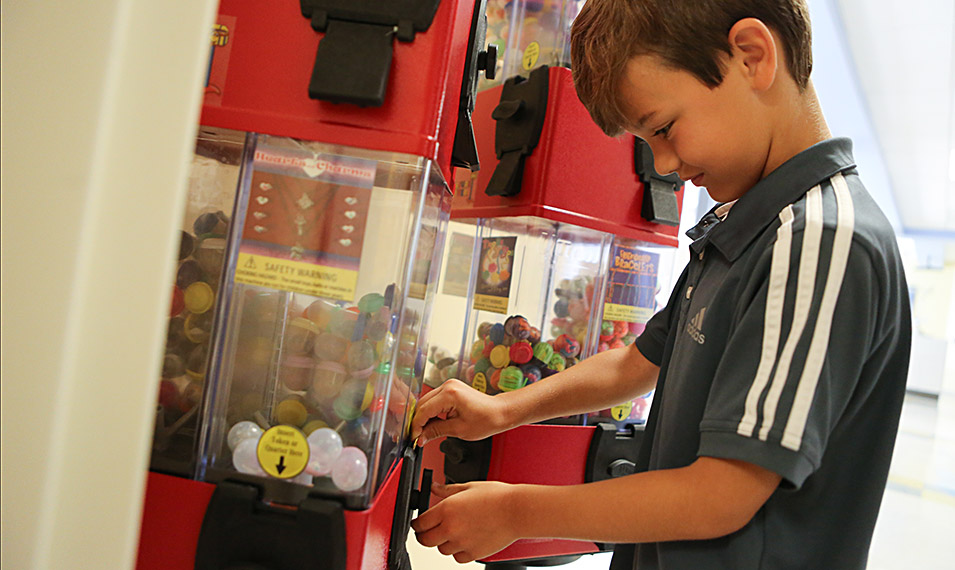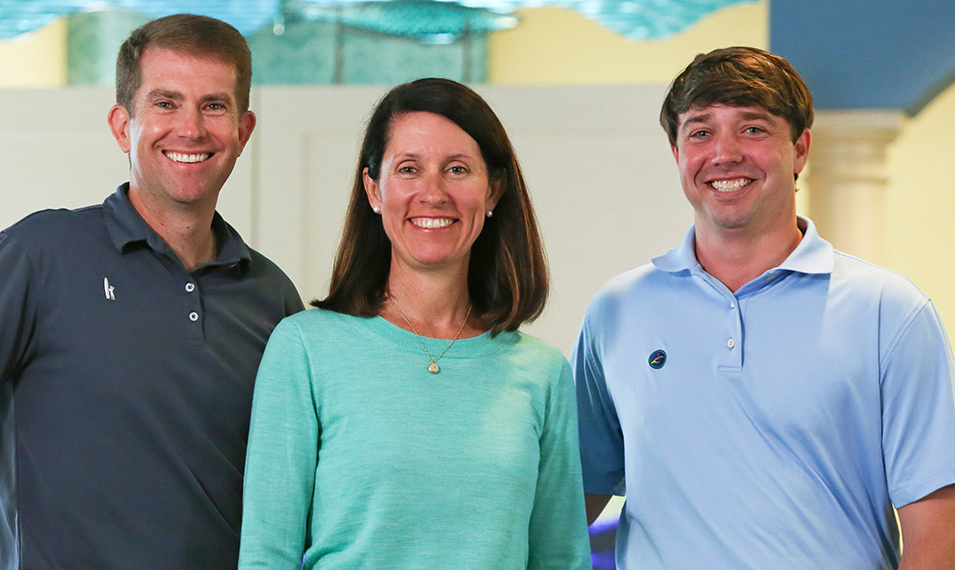What is Pediatric Dentistry?
Pediatric dentists are the pediatricians of dentistry. A pediatric dentist has two to three years specialty training following dental school and limits his/her practice to treating children only. Pediatric dentists are primary and specialty oral care providers for infants and children through adolescence, including those with special health needs.
At what age should my child first visit the dentist?
The American Academy of Pediatric Dentistry recommends that a child’s first visit to the dentist occur by 12 months of age. This visit will enable the dentist to evaluate your child, formulate a preventive home care plan, review oral habits, trauma prevention and address growth and development issues.
How often does my child need to see the pediatric dentist?
A check-up every six months is recommended in order prevent cavities and other dental problems. However, your pediatric dentist can tell you when and how often your child should visit based on their personal oral health.
Are baby teeth really that important to my child?
Primary teeth, or “baby teeth,” are important for many reasons. Not only do they help children speak clearly and chew naturally, they also aid in forming a path that permanent teeth can follow when they are ready to erupt.
Toothpaste: when should we begin using it and how much should we use?
Fluoridated toothpaste should be introduced when a child is 3-4 years of age. Prior to that, parents should clean the child’s teeth with non-fluoridated toothpaste and a soft-bristled toothbrush. When toothpaste is used after age 3-4, parents should supervise brushing and make sure the child uses no more than a pea-sized amount on the brush. Children should spit out and not swallow excess toothpaste after brushing.
Do you allow parents to come back with their children?
You are welcome to accompany your child into the treatment area during the initial exam and, if desired, during any subsequent appointments. This will give you the opportunity to see our staff in action and give our dentists the opportunity to discuss any dental findings and treatment directly with you.







